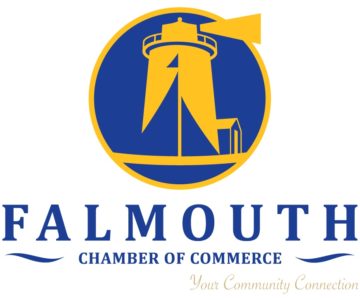Business owners, human resources managers, and others seeking to hire or retain foreign national workers should be aware of an entirely new process for entering candidates into this year’s H-1B cap filing period, which is already only weeks away.
The H-1B nonimmigrant visa category is reserved for foreign nationals being hired to perform in a “specialty occupation” role, or a position that requires at least a bachelor’s degree or its equivalent in a closely related field. The individual also must possess the required degree or its equivalent. An employer must file an H-1B petition with the United States Citizenship and Immigration Services (USCIS) on behalf of a specific foreign national to fill a specific role.
Each year on Oct. 1, the beginning of the federal government’s fiscal year, 85,000 new H-1B visas become available, including 20,000 that are set aside for individuals who hold a Master’s degree from a U.S. university. Employers seeking to sponsor individuals who have not previously held H-1B status must file petitions subject to this annual allotment, called the “H-1B cap.” The earliest date on which a petition can be filed under the H-1B cap is 6 months before the start of the new fiscal year, or April 1.
Due to overwhelming demand for H-1B visas over the past several years, with USCIS routinely receiving two to three times as many petitions as new visas available, a random lottery has been held to determine which petitions will be selected.
Until this year, in order to enter a foreign national into the annual H-1B cap lottery, an employer needed to prepare a complete H-1B petition and submit it to USCIS during the lottery filing window, which remained open for five business days beginning on April 1. After this window closed, USCIS conducted the lottery, completed data entry for the petitions that were selected, and issued receipts, a process that usually took up to several weeks. USCIS then shipped the tens of thousands of petitions that were not selected in the lottery back to the petitioning employers, with rejected petitions sometimes taking over four months to be returned. In short, the old process was slow, inefficient, and unnecessarily costly for employers and the government.
For this year’s H-1B cap filing period, USCIS will utilize for the first time a new electronic registration system. Under the new system, an employer seeking to file a cap-subject H-1B petition must first electronically register and pay a $10 registration fee for each worker.
Registration will require only basic information about the company and the sponsored worker, rather than a complete petition. The initial registration period will be March 1 through 20. Once the registration period has closed, USCIS will conduct the lottery on the basis of the registrations received. Those individuals selected in the lottery will be notified of their selection by March 31, and will have 90 days to prepare and submit their petitions. As the beginning of the inaugural registration period nears, many details about the registration system are still unknown, such as which electronic platform USCIS will utilize to accept registrations, what data will be collected for each entry, and how payment of the registration fee will be processed. USCIS has promised to post on its website further step-by-step instructions regarding the registration process, along with key dates and timelines, before the registration period opens.
However, many of these questions likely will not be answered until the system goes live on March 1. Furthermore, given that this is a new system, and many thousands of users may be seeking to access it simultaneously, the likelihood of technical issues arising is high; with this in mind, immigration practitioners are already game-planning how to handle scenarios ranging from technical glitches to total system outages.
Notwithstanding the potential headaches and growing pains, though, on the whole the new electronic registration system should be welcomed as an overdue improvement to the H-1B cap lottery process. Permitting employers to register workers for the lottery without having to first prepare and submit complete petitions will help companies save precious time, effort, and money. Additionally, by only collecting petitions that actually will be processed, USCIS will realize savings as well, thereby freeing up agency resources to be employed elsewhere.
Finally, employers and foreign nationals will learn faster whether or not their cases have been selected, allowing them to move forward with next steps. Therefore, employers, foreign nationals, immigration attorneys, and USCIS officers should all embrace the new registration system – after all, it can’t be worse than the old way, right?
Joe Gloski is a resident of Bourne and a senior attorney at Chin & Curtis, a business immigration law firm in Boston. For more information, visit www.chincurtis.com






















